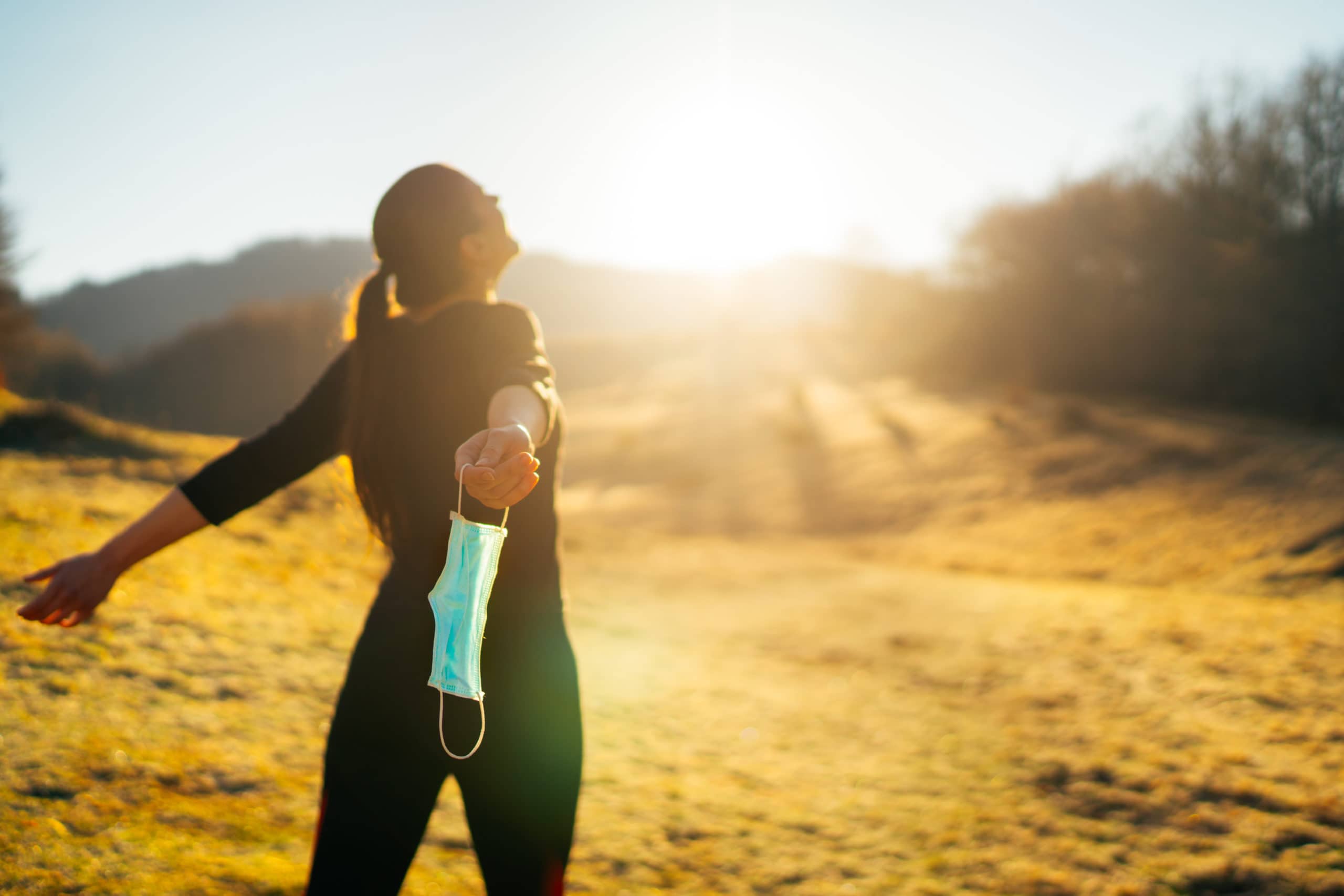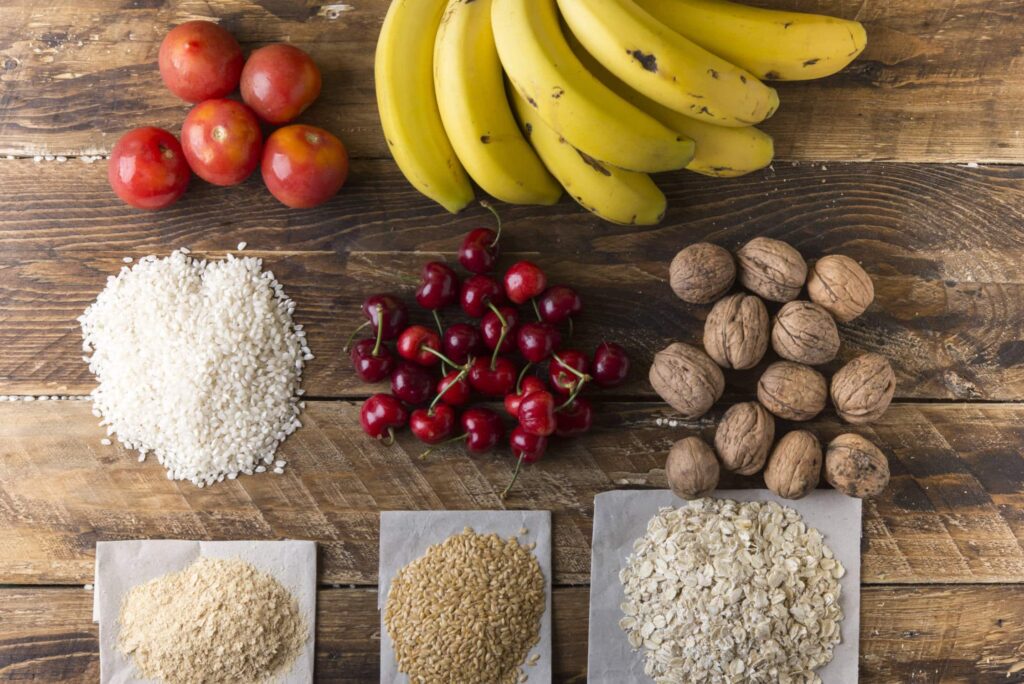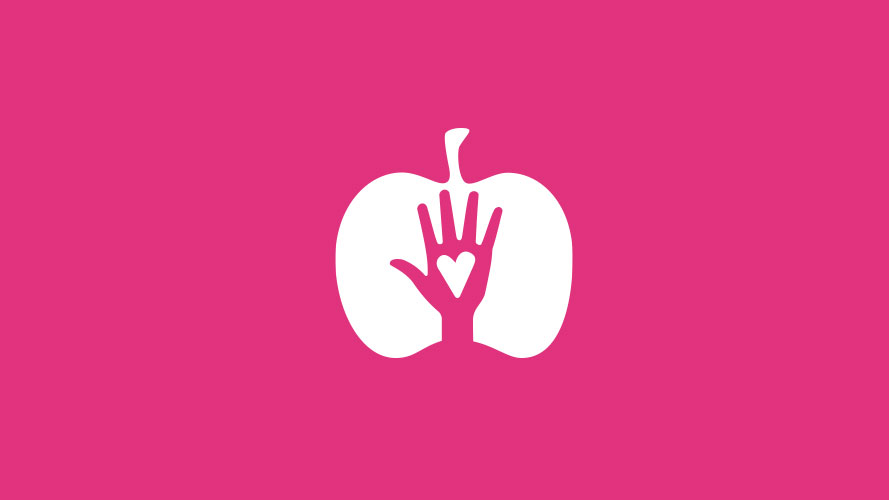The study of diseases and how to achieve immunity isn’t new. Letting the body develop resistance to a pathogen using a small, less dangerous version of it is a longstanding tradition in medicine.
Traditional vaccines generally provide sterile immunity, but the vaccine technology being used to combat Covid-19 is leaky. It is highly questionable that we will ever achieve herd immunity through the continual administration of Covid-19 booster shots every six months.
Broad and durable beats narrow and temporary
The idiom “infection beats injection” means that immunity is almost always stronger for those who survive and beat an infection than for those who receive a vaccination. The truth of this adage is as applicable today as it has ever been.
But now, in the context of ‘leaky’ Covid-19 vaccines and all the dangers and complications that accompany them, the power of natural immunity acquired from prior infection is being ignored—even in the midst of worldwide calls and legal actions for natural immunity to be recognized and explored. Millions of people around the world have recovered from a SARS-CoV-2 infection and, despite their substantive role in contributing to herd immunity, they too are being pressured and even required to get the jab thanks to social and employment pressures.
In this article we draw on evidence from the current scientific literature to provide answers to four important questions pertaining to natural immunity to SARS-CoV-2, the virus that causes Covid-19, and compare it broadly with what we know so far about the immunity provided by the Covid-19 inoculations.
Question 1:
Can someone get Covid-19 a second time?
It is unlikely that you will be infected with SARS-CoV-2 again after recovering.

From 17 studies across seven nations totaling a combined sample size of over 41 million people, we obtained a pooled reinfection rate of 0.4%—or 4 in 1000. It is important to note that these tentative reinfection rates are likely inflated due to the use of unreliable PCR tests. Also, viral shedding can occur up to at least 90 days after initial infection. This means a positive PCR test within 90 days of symptom onset might not represent a true reinfection. Unfortunately, a few studies have overlapped with this 90-day period.
What’s more, employees in high risk settings such as health care workers, defense force personnel, airline passengers returning from overseas, and the elderly in long-term care facilities were included in these studies. Five studies drew on huge health database records representative of the entire nation of focus. Hospitalization was rare and only one death was reported from a reinfection, and that was in someone more than 80 years old.
It is important to consider that the timeframe of these studies varies. We need to know if acquired natural immunity endures over time. Or does it wane? Some studies only followed participants for several weeks, others months, and others for over a year. Tracking the previously infected is an important research challenge that deserves to be prioritized but this inconsistency makes it difficult, if not impossible. From an Israeli study of the entire population of Israel, 96% of reinfections had either no or mild symptoms. So while there is a remote chance of getting sick again, there is little to worry about if you do, especially with what we now know about available early treatment options.
Question 2:
How is someone that recovered from infection with SARS-CoV-2 protected from reinfection?
People infected with SARS-CoV-2 have antibodies that recognize many parts of the virus. This offers them protection that can last for years.

The human immune system is complex and involves numerous components and special cells that interact and support each other. One of the first lines of defense against an invading virus is interferon, which restricts viral replication in the cells of our body. It also tells the immune system that a virus is present. Unvaccinated people infected with SARS-CoV-2 have a strong interferon response.
Another line of defense are antibodies. Findings suggest that antibody levels remain at sustained levels during the infection and only modestly decline between six to eight months for well over 90% of people infected with SARS-CoV-2. The decline in antibody levels is normal following any infection.
People infected with SARS-CoV-2 have antibodies that recognize many parts of the virus, not just the spike protein. The level of protection these naturally acquired antibodies confer from reinfection is estimated to last 1.5-2 years on average, with protection from severe infection present for several years.
Lasting disease acquired immunity cannot be questioned on the basis of this decline of the presence of antibodies. Enduring immunity is due to long-lived memory T cells and memory B cells. Both memory T- and B-cells are evident well over a year after symptoms have disappeared in more than 95% of people. Even mild infections induce robust and long-lived memory cells.
Today, the tension between the real science behind natural immunity and the policy mandates requiring vaccination represents a clear and present threat to the pursuit of herd immunity and our freedom.
Question 3:
How does natural immunity compare with Covid-19 vaccine induced immunity?
According to data, immunity to SARS-CoV-2 after recovery has more breadth, is more robust, and is longer lasting than the immunity provided by the Covid-19 vaccines.

For the vaccinated, immunity wanes progressively over just a few months, necessitating booster shots. And we have yet to learn how long this need for boosters will continue.
The immune systems of people who have received a Covid-19 vaccine and were never infected with SARS-CoV-2 have only seen the spike of the virus and, as a result, that is all that their immune systems remember. On the other hand, the immune systems of people with prior infection, have learned to recognize and respond to a multitude of different viral protein structures. Because most of the viral variants only differ by 5% from the original virus, people who have recovered from prior infection are better prepared to face variants.
Even before mid-June 2021, when the waning effect of the Covid-19 vaccines became apparent in Israel (the first nation to engage in a mass vaccine rollout), prior infection provided comparable if not better protection than the vaccines. These findings were echoed from multiple studies from other countries.
As months passed and the protection of the vaccines did indeed begin to wane, prior infection continued to demonstrate greater protection. To illustrate just how much protection is afforded by naturally acquired immunity, vaccinated Israeli individuals not previously exposed to the virus had a 13 times increased risk of a positive PCR break-through Delta variant infection, a 27 times greater risk for the breakthrough to be symptomatic, and a seven times greater risk of being hospitalized compared to the unvaccinated prior infected individuals.
Based on data from a large representative sample of the entire population of Israel, there were 894 designated reinfections representing a 0.47% reinfection rate. Of these, 4.3% were hospitalized, 1.8% had severe symptoms, and there was one death (80+)—0.1%. This compares with 5,337 breakthrough cases among those who were fully vaccinated and followed up one week after their second dose, 9% of whom were hospitalized, 6% had severe symptoms, and 136 (3%) died.
While evidence of waning natural immunity was reported over 11 months, prior infected individuals still maintained a distinct advantage over the vaccinated from becoming infected and symptomatic. As the Delta variant rose in dominance throughout 2021, symptomatic breakthrough cases in Israel rose to 1.2%, compared to just 0.05% for those with natural immunity. In the UK as of October 2021, breakthrough rates of 1.3% have been reported despite 60% of the population having been vaccinated.
In the literature there are significant differences between the immune response of the vaccinated compared to those with natural infection and those differences have been observed repeatedly.
- The highly augmented interferon response noted in naturally infected individuals was largely absent in vaccine recipients.
- Prior infected individuals maintain the antibodies (IgA) that line the respiratory tract where the virus enters the body. These antibodies can stop the virus from spreading into the body. In contrast, these antibodies are not sustained in vaccinated individuals which may explain one way they end up spreading the virus.
- The IgG antibodies (aids in stopping viral replication in the body) decrease at 8 times the rate in vaccinated individuals over 6 months compared to those naturally infected.
- The naturally infected have an expansion of the kinds of immune cells involved in creating specific antibodies (B-cells) and the cells involved in clearing the virus once flagged by antibodies (cytotoxic T-cells). Again, the effectiveness and longevity of both B-cells and T-cells are more pronounced in individuals that have been infected with SARS-CoV-2.
While a recent Centers for Disease Control and Prevention (CDC) report in the USA released findings that allege recovered individuals have a 5.5 times more likely chance of being hospitalized when compared to vaccinated people with no prior infection, no other independent research corroborates these findings. This CDC report was recently dismantled by Harvard Epidemiologist Dr. Martin Kulldorf and was revealed to have fatal flaws.
And it turns out that the natural immunity provided by infection is so thorough that studies point to prior infection with other coronaviruses contributing to milder symptoms when later infected with SARS-CoV-2.
Question 4:
Should someone that has previously recovered from Covid-19 be vaccinated?
There is currently no credible evidence that having the standard vaccine regimen provides any additional protection to the prior infected.

In fact, studies have not minced words and have clearly stated, “individuals who have had SARS-CoV-2 infection are unlikely to benefit from COVID-19 vaccination.”
Considering the lack of compelling evidence pointing to a need for previously infected people to be vaccinated, we should consider the costs and benefits of this decision. Some studies have reported that previous infection is associated with an increase in adverse events following Covid-19 vaccination, including 1.5 times greater likelihood of being hospitalized.
A possible explanation for the increased side effects among people with prior infection is that the natural antibodies along with products of the vaccine can together form “immune complexes” that are then deposited in the body in places like the joints, the meninges (that protects the spinal cord and brain), and the kidneys.
The likelihood of severe adverse reactions to the Covid-19 vaccines in previously infected people requires further study.
The data speaks for itself
The current Covid-19 vaccines do not provide sterilizing immunity nor do they prevent you from contracting SARS-CoV-2 or from spreading it to others. When paired with the safety that unrestricted access to early treatment therapeutics can provide, naturally acquired immunity holds great promise. There is a better way to herd immunity.
This resource will be updated as new information is made available about both natural and vaccine induced immunity.
For further reading: 160+ Research Studies Affirm Naturally Acquired Immunity to Covid-19






